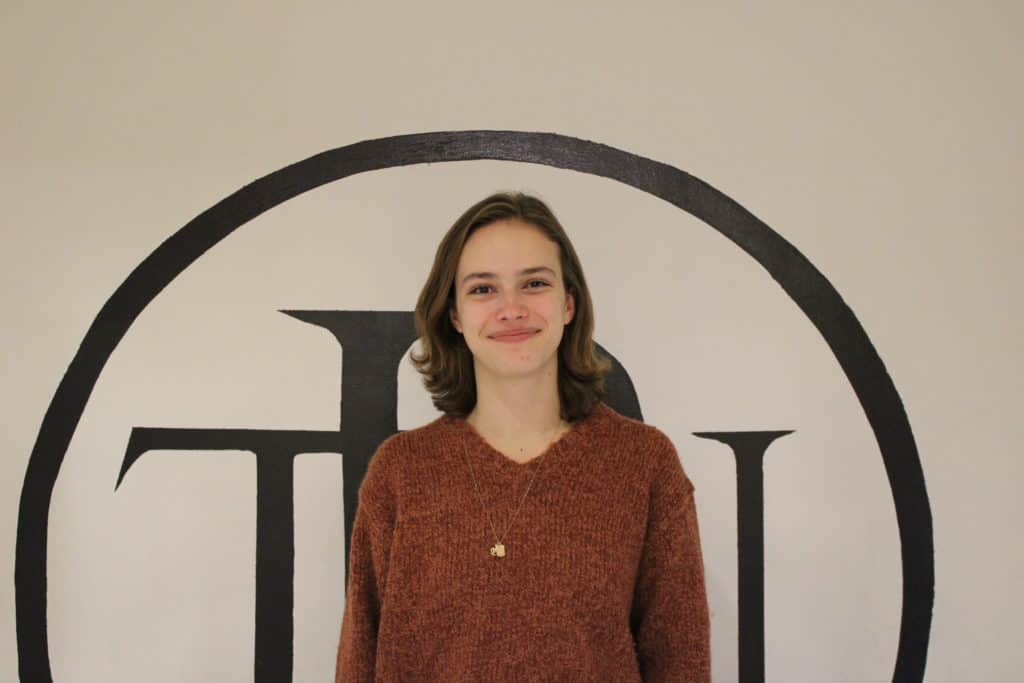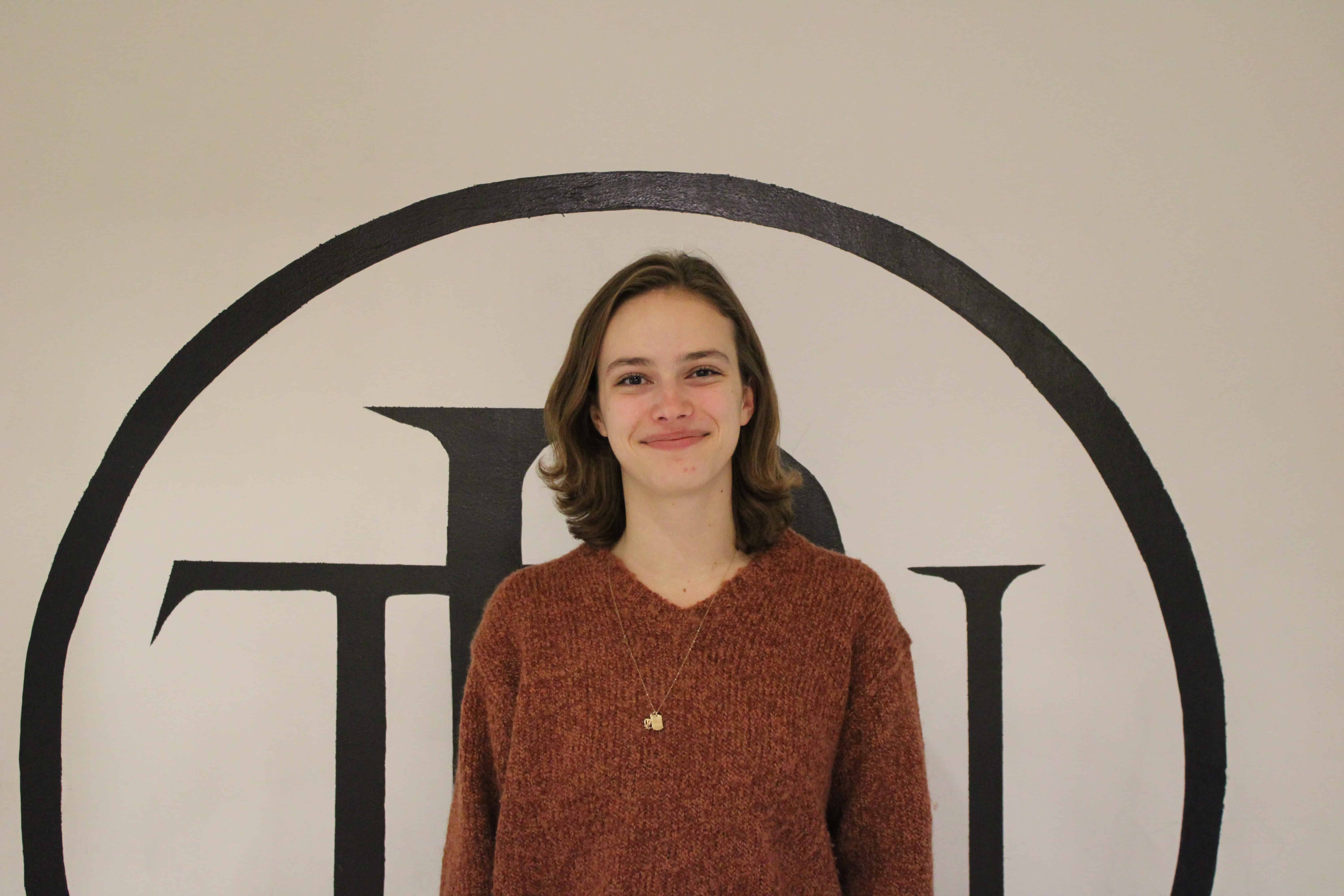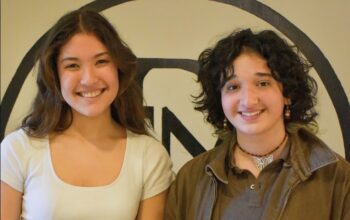
The next few days and weeks have a lot at stake, but no matter the results of the presidential election, problems that plague our country –literally and figuratively– will persist. For many adults, the past few years have been historically unprecedented. Yet, for my peers and me, we’ve come of age in a world where objective facts are less influential in shaping public opinion than content that appeals to emotion and personal belief.
Coming into the Editor-in-Chief position this year, three words come to mind as to what kind of journalists we should strive to be: fact-forward, critically-thinking, and humanizers.
First, we strive to report with facts. In some ways, that is easier said than done. What does it look like to publish content with accurate, fair facts? What does it mean to value facts when our president averages 50 false or misleading claims a day? What does it mean to value facts when we ourselves are just beginning to learn about the complex world around us? Raising our standards as journalists starts with defining our standards. For the first time, we’ve introduced an evidence requirement for opinion articles and emphasized fact-checking in peer editing. As students, when we fact-check one another’s work, we are holding each other accountable.
Second, we strive to report as critical thinkers. Critical thinking starts with awareness of our biases. A 2016 study that analyzed 376 million Facebook users and over 900 news outlets found that people tend to seek information that aligns with their views, and we Rough Riders are certainly not exempt from the influence of this confirmation bias. Knowing these biases exist, we can start to challenge one another by asking questions to ourselves, our community and our leaders. Questions that may make us uncomfortable, or make us rethink things we thought were true. We strive to challenge each other’s blindspots and point out the blindspots of our community.
Third, we strive to humanize in our reporting. We all come to the table with very different life experiences shaping our behavior and interpretations. Learning to step out of defensiveness and into curiosity about those differences is a life long process, and bridging across difference is difficult. We as journalists have the unique opportunity and obligation to search for stories different from our own, and focus on people in our community who aren’t always heard. That is why starting this year, we are tracking interviewee demographics to identify where we need to make improvements in representation.
This is not the year any of us imagined. There is hurt and anger and sadness, and at the same time, there is opportunity. For The Roosevelt News, there is an opportunity to lay foundations and to start having conversations we’ve never had before. It will be imperfect. It will be messy. We will make mistakes; that is inevitable. But we have a responsibility to learn from those mistakes and continue to strive towards a fuller narrative.



